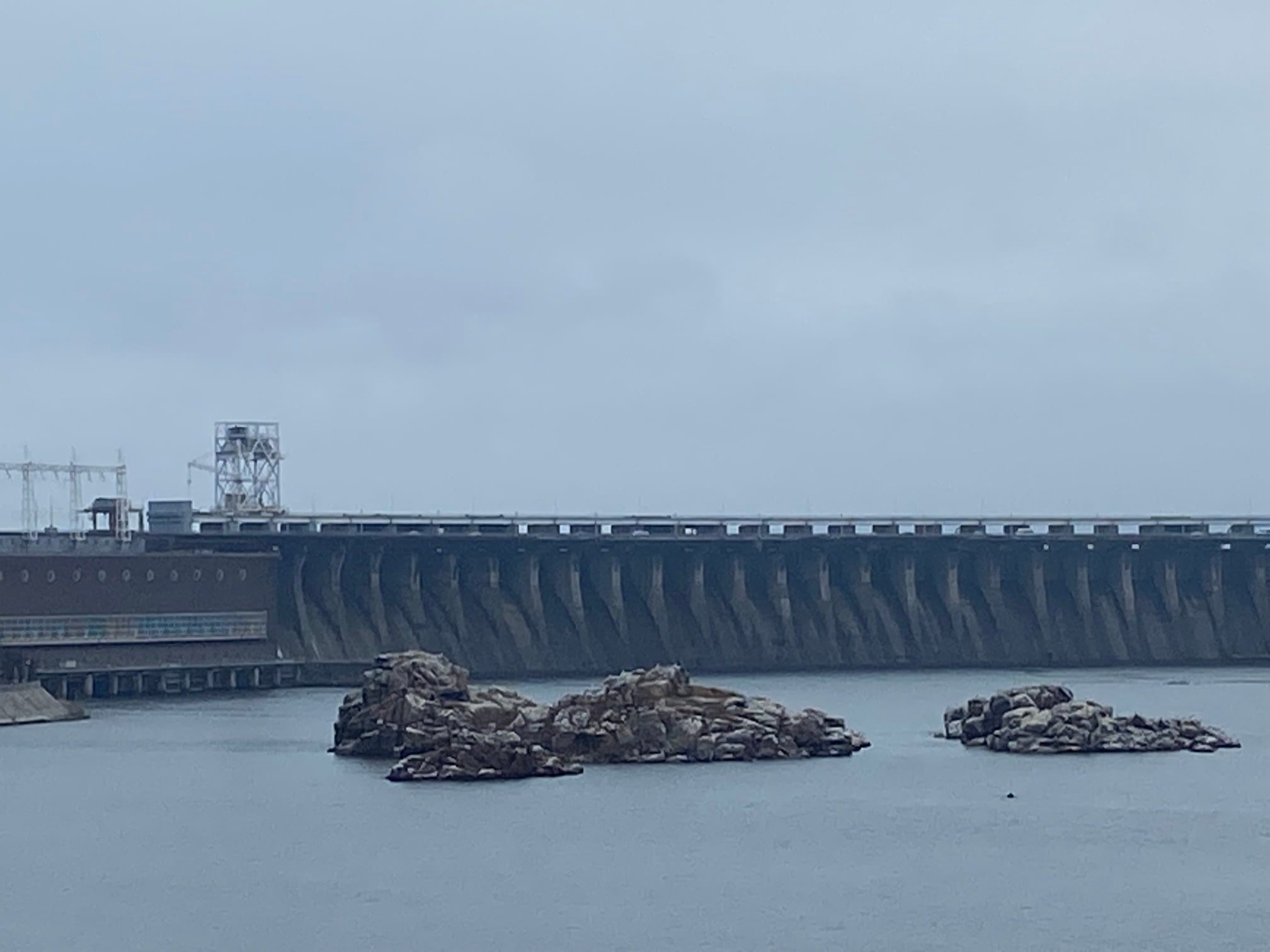
“Russia’s War in Ukraine and Coal Powered Political Geography” – a note by Siarhei Liubimau
March 7, 2022
For those who are not bombed yet and who are not on the front line, it is very urgent to think about Russia’s war against Ukraine beyond comforting memes and beyond shifting responsibility to ‘one insane guy in a bunker’.
WWI and WWII were wars enabled first of all by coal (and steel and railway). The conflicts that have led to these wars were generated by societies organised around coal and steel. Coal, which was more or less evenly distributed in Europe, was also the foundational power source that made a European nation-state possible. If you want to have a nation, you must have a relatively autonomous [coal based] national power generation system. Crucial foundation of the peace and prosperity period in Europe after 1945 was equally the coal and steel trade. Tony Judt already in 2000-s, before decarbonisation became the global agenda, was writing about the risks for a peaceful united Europe due to departure from coal as the central energy source. The tendency of oil, and later predominantly gas, becoming the central energy sources in Europe, contributed to growth of economic and political asymmetries between European nation-states. This tendency also strengthened the financialisation, which systematically disempowered working populations.
From this perspective, I’m afraid Russia’s war on Ukraine is the beginning of destruction of [initially coal powered] Europe’s political geography we know from 1945. The reliance of Europe (first of all Germany) on gas from Russia + only the very beginning of systematic decarbonisation are the fragilities that in near future will expose to war hazards much broader geography than only Ukraine. This indeed looks like a very dangerous ‘interregnum’. And ‘the interregnum’ trope should not blur the responsibility of those who decided to choose a predatory course of action now. Comforting images of arrested villas and yachts of oligarchs from Russia should not distract attention from Nordstream (making vulnerable the states between Germany and Russia), the gas prices, and not yet interrupted gas import from Russia.
This is a very much needed marxist discussion – today is Gazprom an instrument of the Russian state? Or is the Russian state an instrument of Gazprom? And I am very interested in how Russian anti-war leftists would answer this (knowing Marx’s and Lenin’s lines of thought on this).
I am also very interested in how systematically funded by Gazprom Russian anti-imperialist journalists, intellectuals and creators would explain the role of Gazprom in this empire. Should they be on the front line of de-imperializing and de-militarizing Gazprom?
Russia’s troops bombing nuclear power plants in Ukraine means that Russia’s Security Council deliberately burns bridges for negotiations that could preserve Ukrainian statehood. Nuclear power plants in Ukraine run on Russian nuclear fuel, and it would be hardly possible to change it even in the long-term perspective. Besides, Ukrainian nuclear power plants personnel have intensive professional and human connections with nuclear specialists in Russia. Many of them worked at the NPPs in Russia and were educated in Russian universities. Nuclear energy infrastructures in Ukraine could have been a solid ground for peace negotiations, or at least for keeping the war ‘cold’. We are just reminded that peace negotiations are not Russia’s Security Council agenda. This is a planned strategy to destroy a state of 45 million people, including people used to be organically connected to and tolerant to Russia (not only in Soviet nuclear towns, but also towns with large ethnic Russian populations like Kharkiv or Mariupol).
Image – Dnipro Hydroelectric Power Plant, photographed from Khortytsia island


